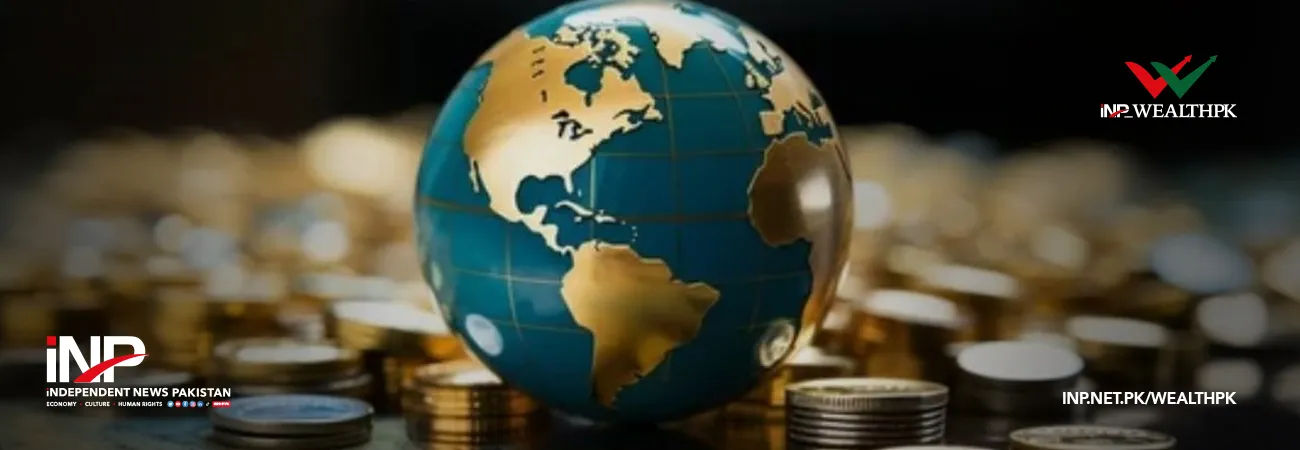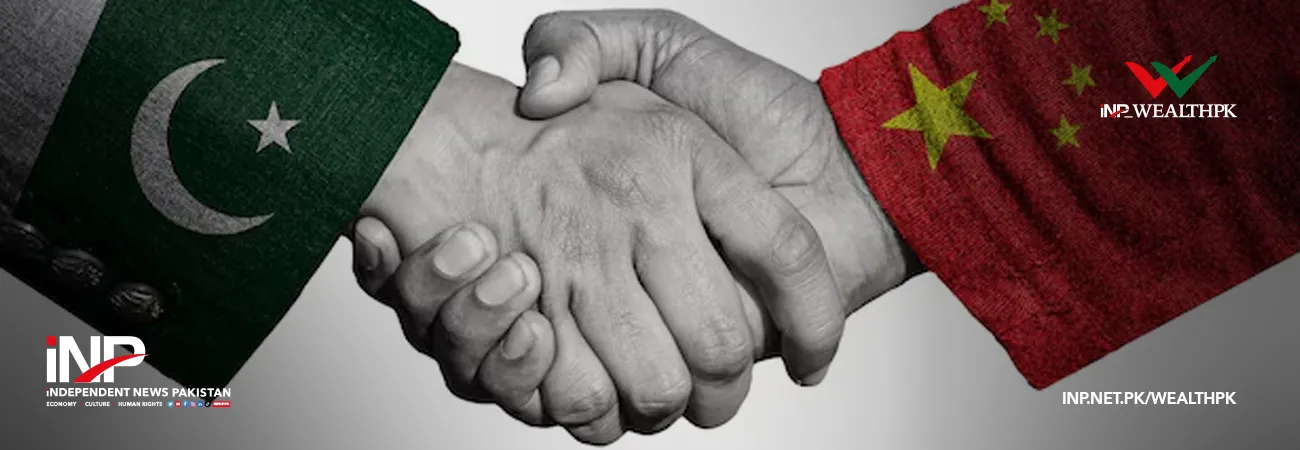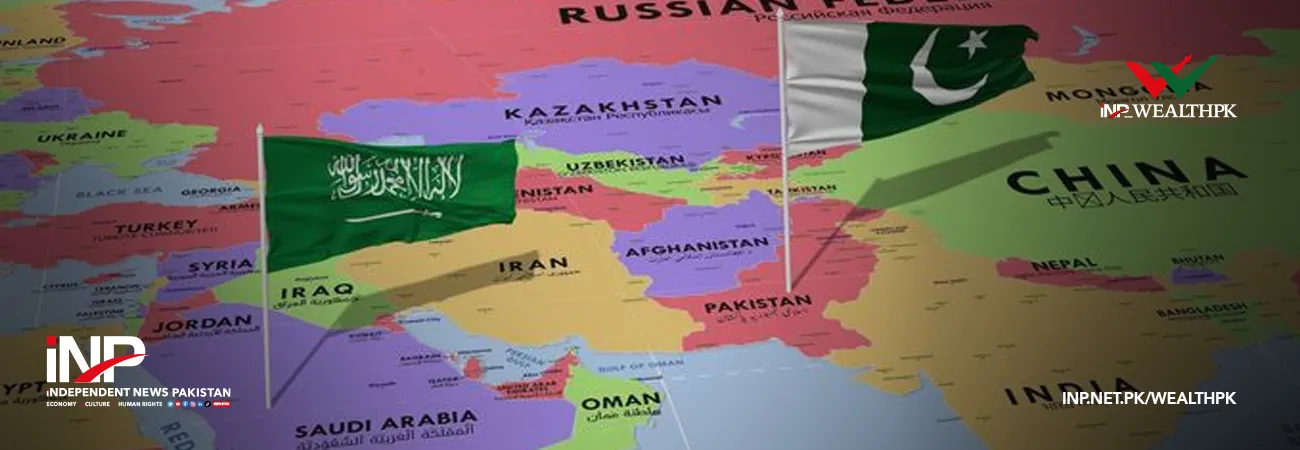آئی این پی ویلتھ پی کے
Qudsia Bano
High levels of cash usage in Pakistan are raising concerns among economists, who warn that the trend is undermining credit availability and hindering investment at a time when the country’s money supply is already shrinking, reports WealthPK.

Recent data from the State Bank of Pakistan shows that broad money (M2) contracted by 0.7 percent in the first half of FY25, compared to a 4.5 percent increase in the same period last year. This decline is primarily driven by a sharp fall in net domestic assets, despite a modest increase in net foreign assets due to a current account surplus and improved reserves.
Analysts say the persistently high currency in circulation remains a critical constraint. Pakistan continues to rank among countries with the highest cash-to-GDP ratios, which experts say reflects both structural inefficiencies and a lack of trust in the formal banking system. Dr. Nadia Safdar, an economist at the Pakistan Institute of Development Economics (PIDE), said a high preference for cash transactions weakens the credit transmission mechanism.
“When people hold cash instead of depositing it in banks, the pool of loanable funds shrinks, limiting business credit and slowing economic growth,” she explained. A slight drop in currency in circulation (CIC) during H1-FY25, just Rs37 billion, was negligible compared to Rs697 billion decline seen during the same period last year. In fact, Q2-FY25 witnessed a renewed uptick in cash use, partly due to the falling interest rates and increased retail investor interest in the Pakistan Stock Exchange (PSX).
The banks’ efforts to meet the advances-to-deposit ratio (ADR) threshold also played a role, with some briefly introducing service charges on large deposits, prompting cash withdrawals. Economists argue that unless deep-rooted structural issues such as tax evasion, weak digital payment adoption, and informal sector dominance are addressed, high cash usage will continue to act as a drag on formal credit expansion and long-term investment.
According to Dr. Safdar, reversing this trend requires restoring public confidence in financial institutions and incentivizing digital and formal transactions. “Without a cultural and structural shift toward financial inclusion, Pakistan’s economic recovery will remain shallow and uneven,” she added.
Credit: INP-WealthPk












